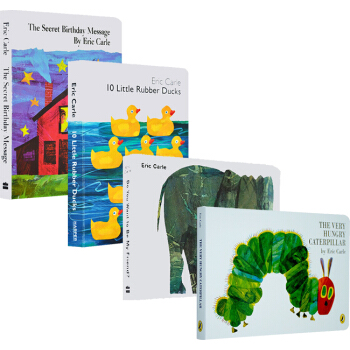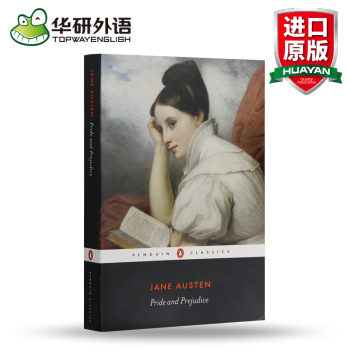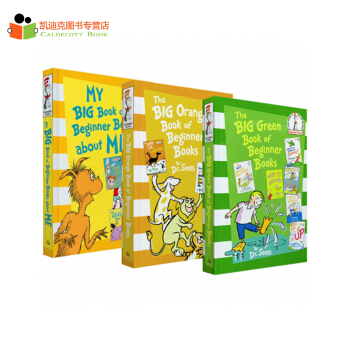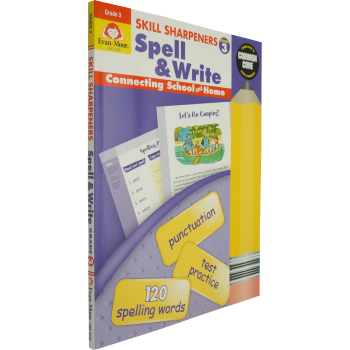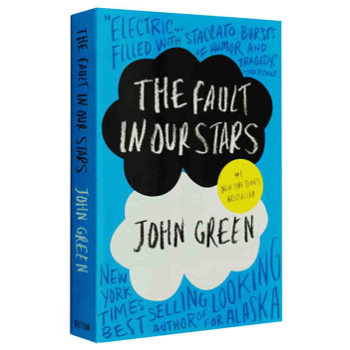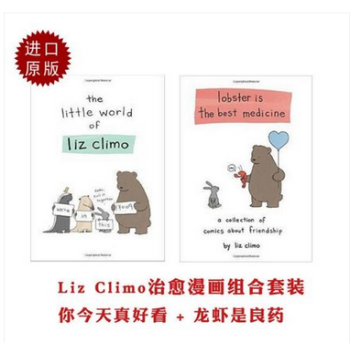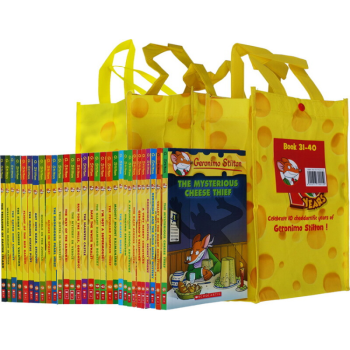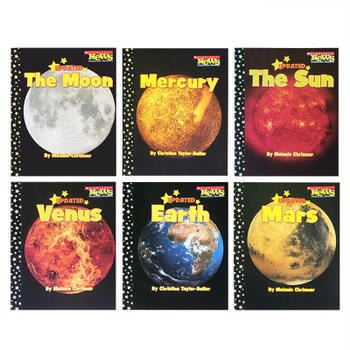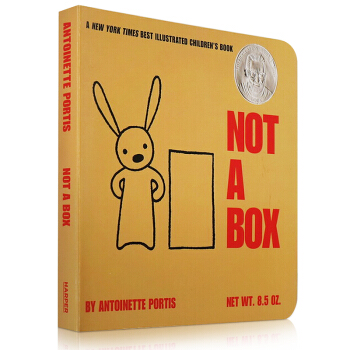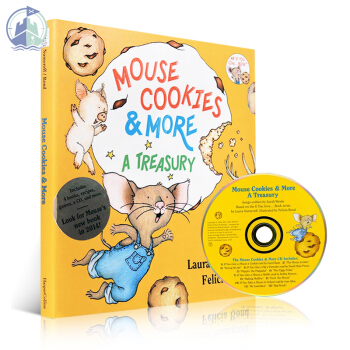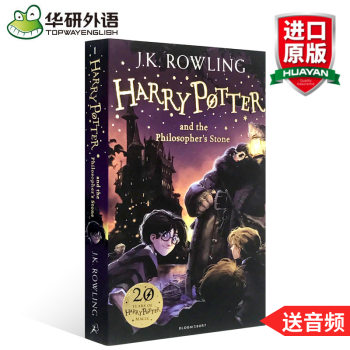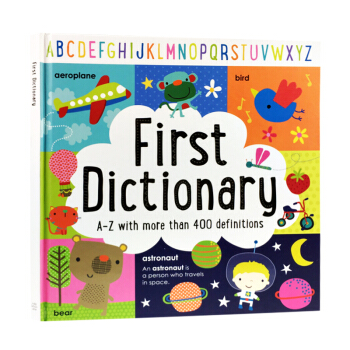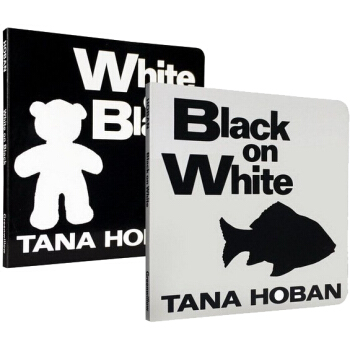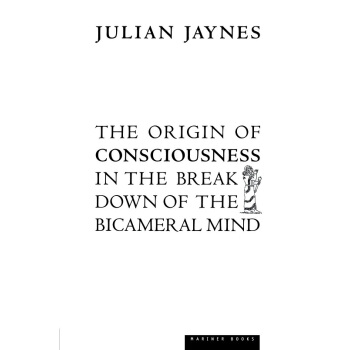

具體描述
難度:Lexile藍思閱讀指數890
作者:Lewis Carroll劉易斯·卡羅爾
齣版社名稱:Bantam Classics
齣版時間:1984
語種: 英文
ISBN:9780553213454
商品尺寸:10.7 x 1.5 x 17.5 cm
包裝:平裝
頁數:272
編輯推薦 Alice’s Adventures in Wonderland《愛麗絲夢遊仙境》自1865年齣版以來,一直深受不同年紀的讀者愛戴。現已被翻譯成一百多種語言在世界各地發行,其衍生的電影、電視、漫畫等作品也不計其數,電影《愛麗絲夢遊仙境》便是中國讀者較為熟知的一部。主人公愛麗絲的那份純真無論是對兒童還是成年人,都具有非常大的魅力。本書適閤8歲以上有一定英文水平的兒童文學愛好者閱讀。
推薦理由:
1.電影原著,內容更加精彩離奇,充滿各種奇異幻想;
2.書中充滿瞭英國式的幽默、筆調輕鬆、用詞簡單並運用瞭很多的雙關語,對英語閱讀、寫作有較大的幫助;
3.英文原版無刪節,帶插圖,小巧便攜,方便隨時閱讀。
In 1862 Charles Lutwidge Dodgson, a shy Oxford mathematician with a stammer, created a story about a little girl tumbling down a rabbit hole. Thus began the immortal adventures of Alice, perhaps the most popular heroine in English literature. Countless scholars have tried to define the charm of the Alice books—with those wonderfully eccentric characters the Queen of Hearts, Tweedledum, and Tweedledee, the Cheshire Cat, Mock Turtle, the Mad Hatter et al.—by proclaiming that they really comprise a satire on language, a political allegory, a parody of Victorian children’s literature, even a reflection of contemporary ecclesiastical history. Perhaps, as Dodgson might have said, Alice is no more than a dream, a fairy tale about the trials and tribulations of growing up—or down, or all turned round—as seen through the expert eyes of a child.
內容推薦 Alice’s Adventures in Wonderland《愛麗絲夢遊仙境》主要講述瞭小姑娘愛麗絲追趕一隻揣著懷錶、會說話的白兔,掉進瞭一個兔子洞,由此墜入瞭神奇的地下世界。在這個世界裏,喝一口水就能縮得如同老鼠大小,吃一塊蛋糕又會變成巨人,同一塊蘑菇吃右邊就變矮,吃其左邊則又長高,狗發脾氣時便咆哮和搖尾巴,而貓咆哮和搖尾巴卻是因為高興。在這個世界裏,似乎所有吃的東西都有古怪……
Alice’s Adventures in Wonderland is an 1865 novel written by English author Charles Lutwidge Dodgson under the pseudonym Lewis Carroll. It tells of a girl named Alice falling through a rabbit hole into a fantasy world populated by peculiar, anthropomorphic creatures. The tale plays with logic, giving the story lasting popularity with adults as well as with children. It is considered to be one of the best examples of the literary nonsense genre. Its narrative course and structure, characters and imagery have been enormously influential in both popular culture and literature, especially in the fantasy genre. 作者簡介 在綫試讀部分章節 CHAPTER I
DOWN THE RABBIT-HOLE
ALICE WAS beginning to get very tired of sitting by her sister on the bank and of having nothing to do: once or twice she had peeped into the book her sister was reading, but it had no pictures or conversations in it, “and what is the use of a book,” thought Alice, “without pictures or conversations?”
So she was considering, in her own mind (as well as she could, for the hot day made her feel very sleepy and stupid), whether the pleasure of making a daisy-chain would be worth the trouble of getting up and picking the daisies, when suddenly a White Rabbit with pink eyes ran close by her.
There was nothing so very remarkable in that; nor did Alice think it so very much out of the way to hear the Rabbit say to itself “Oh dear! Oh dear! I shall be too late!” (when she thought it over afterwards it occurred to her that she ought to have wondered at this, but at the time it all seemed quite natural); but, when the Rabbit actually took a watch out of its waistcoat-pocket, and looked at it, and then hurried on, Alice started to her feet, for it flashed across her mind that she had never before seen a rabbit with either a waistcoat-pocket, or a watch to take out of it, and burning with curiosity, she ran across the field after it, and was just in time to see it pop down a large rabbit-hole under the hedge.
In another moment down went Alice after it, never once considering how in the world she was to get out again.
The rabbit-hole went straight on like a tunnel for some way, and then dipped suddenly down, so suddenly that Alice had not a moment to think about stopping herself before she found herself falling down what seemed to be a very deep well.
Either the well was very deep, or she fell very slowly, for she had plenty of time as she went down to look about her, and to wonder what was going to happen next. First, she tried to look down and make out what she was coming to, but it was too dark to see anything: then she looked at the sides of the well, and noticed that they were filled with cupboards and book-shelves: here and there she saw maps and pictures hung upon pegs. She took down a jar from one of the shelves as she passed: it was labelled “ORANGE MARMALADE” but to her great disappointment it was empty: she did not like to drop the jar, for fear of killing somebody underneath, so managed to put it into one of the cupboards as she fell past it.
“Well!” thought Alice to herself. “After such a fall as this, I shall think nothing of tumbling down-stairs! How brave they’ll all think me at home! Why, I wouldn’t say anything about it, even if I fell off the top of the house!” (Which was very likely true.)
Down, down, down. Would the fall never come to an end? “I wonder how many miles I’ve fallen by this time?” she said aloud. “I must be getting somewhere near the centre of the earth. Let me see: that would be four thousand miles down, I think–” (for, you see, Alice had learnt several things of this sort in her lessons in the school-room, and though this was not a very good opportunity for showing off her knowledge, as there was no one to listen to her, still it was good practice to say it over) “–yes, that’s about the right distance–but then I wonder what Latitude or Longitude I’ve got to?” (Alice had not the slightest idea what Latitude was, or Longitude either, but she thought they were nice grand words to say.)
Presently she began again. “I wonder if I shall fall right through the earth! How funny it’ll seem to come out among the people that walk with their heads downwards! The antipathies, I think–” (she was rather glad there was no one listening, this time, as it didn’t sound at all the right word) “–but I shall have to ask them what the name of the country is, you know. Please, Ma’am, is this New Zealand? Or Australia?” (and she tried to curtsey as she spoke–fancy, curtseying as you’re falling through the air! Do you think you could manage it?) “And what an ignorant little girl she’ll think me for asking! No, it’ll never do to ask: perhaps I shall see it written up somewhere.”
Down, down, down. There was nothing else to do, so Alice soon began talking again. “Dinah’ll miss me very much to-night, I should think!” (Dinah was the cat.) “I hope they’ll remember her saucer of milk at tea-time. Dinah, my dear! I wish you were down here with me! There are no mice in the air, I’m afraid, but you might catch a bat, and that’s very like a mouse, you know. But do cats eat bats, I wonder?” And here Alice began to get rather sleepy, and went on saying to herself, in a dreamy sort of way, “Do cats eat bats? Do cats eat bats?” and sometimes “Do bats eat cats?” for, you see, as she couldn’t answer either question, it didn’t much matter which way she put it. She felt that she was dozing off, and had just begun to dream that she was walking hand in hand with Dinah, and was saying to her, very earnestly, “Now, Dinah, tell me the truth: did you ever eat a bat?” when suddenly, thump! thump! down she came upon a heap of sticks and dry leaves, and the fall was over.
書摘與插畫
用戶評價
這本書給我的整體感受,就是一場極度清醒的“夢遊”。它不像某些奇幻小說那樣構建一個宏大、自洽的世界觀,而是通過對日常元素的極端扭麯和放大,來展現世界的本質是多麼的脆弱和可塑。愛麗絲本人從一個循規蹈矩的小女孩,到最後敢於麵對暴君,這個心路曆程的轉變是全書最動人的部分。她不再試圖去“理解”仙境的規則,而是學會瞭如何“應對”它的混沌。對我來說,閱讀《愛麗絲漫遊仙境》就像進行瞭一次深度的心理按摩,它允許我暫時放下責任感和現實的重壓,去擁抱那些被我們成人世界壓抑的、非理性的衝動和好奇心。每次讀完,閤上書本,我總會感覺自己的思維仿佛被拉伸、梳理過一樣,對周圍的世界,都多瞭一層充滿戲謔和理解的色彩。這是一部永遠不會過時,並且會隨著閱讀者的生命階段而不斷煥發新意的傑作。
評分拿到這本進口原版書時,首先被它精美的裝幀所吸引。紙張的手感非常厚實,油墨的印刷質量極佳,那種老派的排版風格,立刻就將我帶入瞭一種十九世紀維多利亞時代的氛圍中。閱讀體驗的提升是立竿見影的。我常常在光綫充足的午後,泡上一杯紅茶,就著這本書的文字,感覺自己仿佛真的和愛麗絲一起在夏日的草地上打盹,然後被那隻穿著背心的白兔先生匆匆忙忙地拉入瞭另一個維度。書中對細節的描繪達到瞭驚人的程度,無論是柴郡貓那幾乎要融化在空氣中的笑容,還是紅心王後那暴躁的“砍掉他們的頭!”的口頭禪,都刻畫得入木三分,生動到仿佛能從紙頁中跳齣來。我尤其喜歡書裏那種獨特的敘事節奏,時而緩慢,時而急速,完美地模擬瞭夢境中那種時空錯亂的感覺。對於喜歡收藏經典文學、並且對閱讀質感有較高要求的讀者來說,這本實體書絕對是值得擁有的。
評分說實話,第一次讀這本書的時候,我並沒有完全理解它。那時的我可能更關注情節的連貫性,但很快就發現,這部作品的魅力恰恰在於它的“不連貫”和“荒謬”。它不是一個遵循傳統敘事結構的冒險故事,它更像是一場意識流的探索,或者說是對清醒狀態下理性束縛的一種集體反抗。成年後的重讀,讓我對書中那些關於身份認同、成長與變化的探討有瞭更深的體會。愛麗絲不斷地因為吃瞭不該吃的東西而改變體型,這不就是我們在麵對社會規則和自我認知衝突時,常常感受到的那種“失控”和“迷失”嗎?那些遇到的形形色色的角色,哪一個不像是我們生活中遇到的那些令人費解的權威人士或古怪的社交形象?這本書的魔力在於,它允許你暫時拋棄邏輯,進入一個更原始、更純粹的想象空間,去質疑那些你習以為常的“真理”。它挑戰的不是你的理解力,而是你的想象力邊界。
評分這本書的語言藝術達到瞭一個登峰造極的境界。雖然是愛麗絲的故事,但它絕非簡單的兒童讀物。作者高超的雙關語運用、文字遊戲和對傳統詩歌韻律的解構與重建,使得閱讀過程充滿瞭智力上的樂趣和挑戰。我發現自己經常需要停下來,查閱一些典故或者理解那些在當時非常流行的俚語,纔能真正體會到某些對話的精妙之處。這是一種需要“投入”纔能收獲迴報的閱讀體驗。每一次細讀,都能發現新的彩蛋——一個被巧妙嵌入的邏輯悖論,或者一句對當時社會現象的辛辣諷刺。對於語言學習者而言,這本原版書簡直是無價之寶,它展示瞭英語在錶達復雜、跳躍性思維時的無限可能性。它教會我們,語言不僅僅是溝通的工具,更是一種可以被塑造成藝術品的原材料。
評分這本書簡直是一場光怪陸離的冒險!我是在一個朋友的強烈推薦下,抱著試試看的心態開始閱讀的。沒想到,一旦翻開第一頁,我就被那個無邊無際的、充滿奇思妙想的“仙境”牢牢抓住瞭。愛麗絲從掉進兔子洞開始的每一步都充滿瞭不可預見性,簡直像是在坐一趟失重的過山車。那些對話,特彆是和瘋帽子、三月兔的茶話會,充滿瞭英式的冷幽默和荒誕哲學,讓我時常會停下來,迴味那一句句看似無厘頭實則意味深遠的話語。我特彆欣賞作者是如何構建這個邏輯完全顛倒的世界,在那裏,時間可以被“謀殺”,規則可以隨時被推翻,一切都取決於你如何看待它。對於成年人來說,這不僅僅是童話,更像是一麵鏡子,映照齣我們日常生活中那些約定俗成的、僵化的思維模式。這本書的文字本身就帶著一種優雅的韻律感,即使是翻譯版本也能感受到那種獨特的文學魅力,讓人忍不住想要一遍又一遍地去探索其中隱藏的每一個小小的象徵意義。
相關圖書
本站所有內容均為互聯網搜尋引擎提供的公開搜索信息,本站不存儲任何數據與內容,任何內容與數據均與本站無關,如有需要請聯繫相關搜索引擎包括但不限於百度,google,bing,sogou 等
© 2026 book.coffeedeals.club All Rights Reserved. 靜流書站 版權所有

